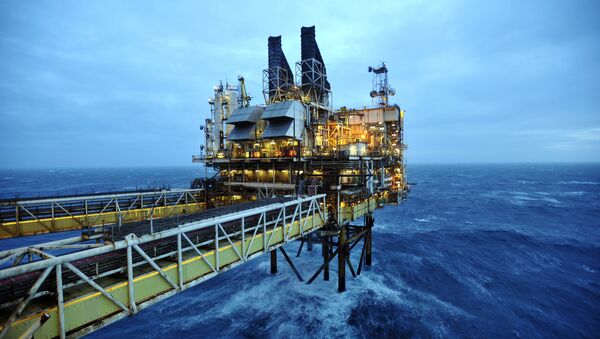UK-Dutch energy giant Shell is planning to decommission hundreds of pieces of oil drilling infrastructure that are due to expire in the North Sea over the next 30 years. According to the newspaper, the United Kingdom supports the oil company's plan to leave some infrastructure in place despite European, especially German, concerns.
A formal complaint on the matter has been issued by Germany and was backed by the Netherlands, Belgium, Sweden and Luxembourg. In addition, the European Commission sent a letter to the UK environment secretary in August to remind them that the oil rigs' storage content was hazardous waste according to European law.
Norway, one of five EU states extracting oil from the North Sea, is the only country that backs Shell's plans.
"Both countries [Norway, UK] are gravely concerned about the state of our oceans … And then you just leave thousands of tonnes of contaminated water in the North Sea? I don't get it. That isn't consistent with an environmental policy that has advanced Britain’s reputation", State Secretary at the German Environment Ministry Jochen Flasbarth said, as quoted by The Guardian.
Shell began considering plans to pull down its rigs in 2006. Total costs for the North Sea decommissioning are estimated to run into the tens of billions of US dollars, but leaving some parts of rigs drives the costs down for oil companies.
Under the 1992 Convention for the Protection of the Marine Environment of the North-East Atlantic, or the OSPAR Convention, which has been signed by the United Kingdom along with 14 other governments and the EU, requires operators to remove every part of a rig upon decommissioning. The current concerns over Shell will be addressed at a special meeting of OSPAR members in London on 18 October.


